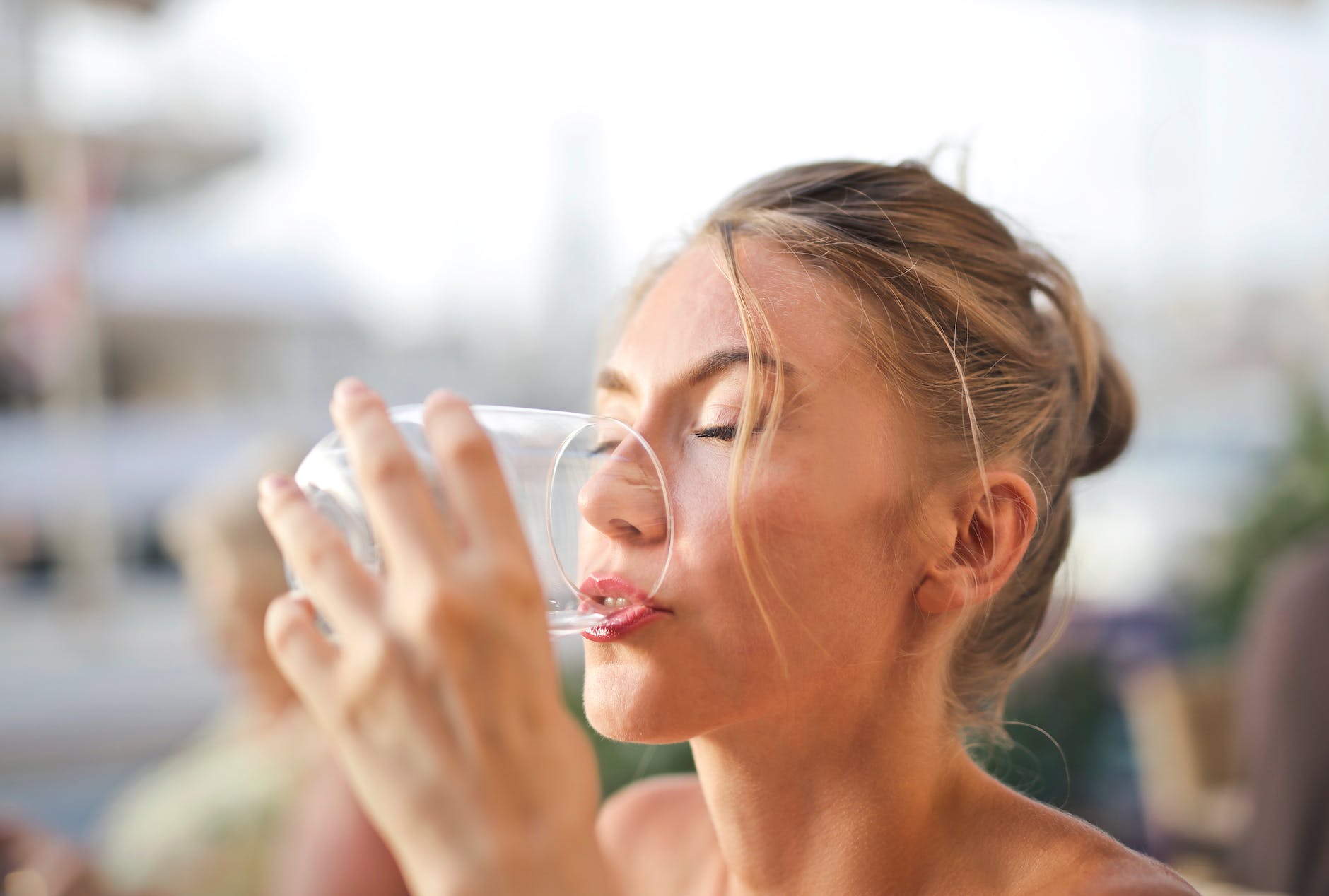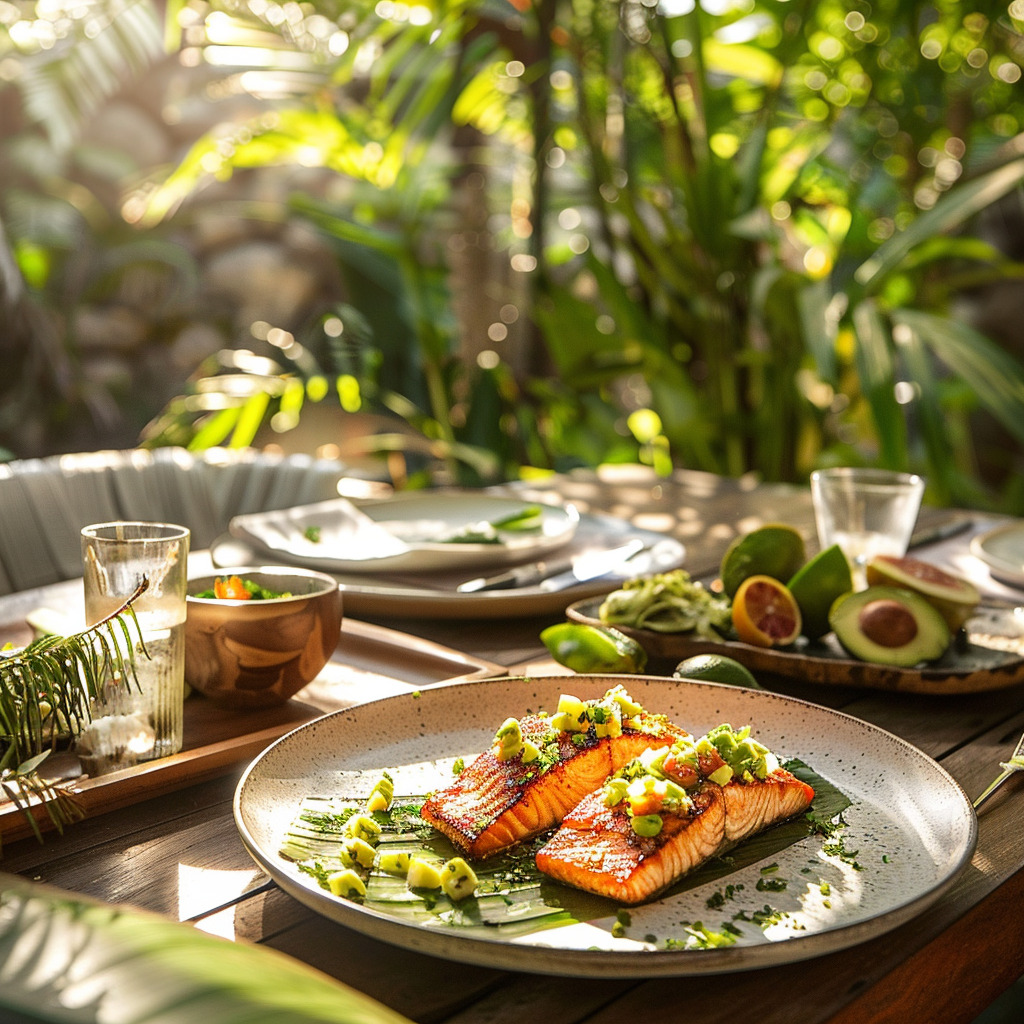
Introduction
Maintaining proper hydration on a high protein, low carb diet is often overlooked, despite its crucial role in supporting overall health and well-being. In this article, we will explore why consuming an adequate amount of water is essential for individuals following a keto diet.
Proper hydration is vital for everyone, but it holds particular significance for those on a keto diet. When you restrict carbohydrates and transition into a state of ketosis, your body experiences changes in fluid balance. As your glycogen stores deplete, the body releases stored water, leading to an initial drop in weight due to water loss.
Avoid Dehydration
This increased excretion of water, coupled with a reduced intake of water-rich fruits and high-carbohydrate beverages, can increase the risk of dehydration. Unfortunately, dehydration is a common oversight for individuals on a keto diet, as the focus tends to be on macronutrient ratios and food choices.
Consuming an adequate amount of water is crucial for several reasons. First, it helps maintain optimal bodily functions. Water is essential for digestion, absorption, and transportation of nutrients. It also aids in regulating body temperature, lubricating joints, and supporting proper organ function.
Additionally, staying hydrated can help alleviate some common side effects of the keto diet, such as constipation and muscle cramps. Sufficient water intake helps soften stools, making them easier to pass and reducing the risk of constipation. It also supports electrolyte balance, as water facilitates the transport of minerals in the body.
Appetite Control
Moreover, hydration plays a role in appetite control. Sometimes, the body may interpret thirst as hunger, leading to unnecessary snacking or overeating. By staying adequately hydrated, you can better distinguish between hunger and thirst, helping maintain a healthy relationship with food and supporting weight management efforts.
So, how much water should you consume on a keto diet? While individual needs may vary, a general guideline is to aim for at least 8 cups (64 ounces) of water per day. However, factors such as climate, physical activity level, and personal hydration needs should be taken into account. Pay attention to your body’s signals and increase your water intake accordingly if you feel thirsty or notice signs of dehydration.
Flavored Water
To enhance hydration, consider infusing water with flavors like lemon, cucumber, or berries to make it more appealing. Herbal teas and sugar-free electrolyte drinks can also contribute to your daily fluid intake. Remember to spread your water consumption throughout the day to ensure consistent hydration.
Maintaining proper hydration is essential for individuals on a keto diet. It supports overall health, helps alleviate potential side effects, aids in appetite control, and ensures optimal bodily functions. Make it a priority to consume an adequate amount of water daily and listen to your body’s hydration needs. By prioritizing hydration, you can optimize the benefits of the keto diet and enhance your overall well-being.
Importance of Adequate Water Consumption
Staying hydrated is essential for overall health, regardless of the dietary plan one follows. However, on a keto diet, maintaining proper hydration becomes even more critical due to the unique characteristics of this eating regimen.
Factors Affecting Water Needs
Several factors determine an individual’s water requirements, including age, weight, activity level, and climate. These variables play a role in determining the amount of water one should consume daily.
General Guideline: Eight 8-Ounce Glasses of Water
While the precise water intake may vary from person to person, a general guideline is to aim for at least eight 8-ounce glasses of water per day. This equates to approximately 2 liters or half a gallon of water. Adhering to this recommendation helps ensure adequate hydration while following a keto diet.
Hydration during the First Weeks of a Keto Diet
The initial phase of a keto diet can have a diuretic effect on the body. As the body adapts to using ketones as its primary fuel source, excess water and electrolytes are excreted, leading to increased urination. Therefore, it is crucial to pay extra attention to hydration during the first few weeks of starting a keto diet.
Recommendations from U.S. National Academies of Sciences, Engineering, and Medicine
To maintain hydration, the U.S. National Academies of Sciences, Engineering, and Medicine suggest that women should consume approximately 11.5 cups (2.7 liters) of fluid per day, while men should aim for around 15.5 cups (3.7 liters). These fluid recommendations include both beverages and water-rich foods.
Studies on Water Intake for Keto Diet Followers
Various studies have highlighted the importance of adequate water intake for those on a keto diet. Consuming enough water helps prevent dehydration and maintain optimal bodily functions, allowing individuals to reap the benefits of the diet while minimizing potential health complications.
Maintaining Health and Preventing Complications
Drinking enough water while following a keto diet is essential for maintaining overall health and preventing potential complications that may arise due to dehydration.
The Significance of Sufficient Water Intake
Proper hydration supports the balance of electrolytes in the body, crucial for the optimal functioning of muscles and nerves. By drinking an adequate amount of water, keto dieters can ensure their bodies remain hydrated and electrolyte levels remain stable.
Electrolyte Balance and Hydration
The keto diet’s diuretic effect can disrupt the balance of electrolytes, such as sodium, potassium, and magnesium. Drinking enough water helps prevent imbalances and ensures the body functions optimally.
Listening to Your Body’s Signals
To maintain hydration levels, it is vital to listen to your body and adjust water intake accordingly, especially during periods of increased activity or in hot weather.
Signs of Dehydration
Recognizing the signs of dehydration is crucial for prompt intervention. Symptoms may include dry mouth, thirst, fatigue, and headaches. Paying attention to these signals allows for timely rehydration and prevents potential complications.
Adjusting Water Intake Based on Activity and Environment
Engaging in physical exercise or spending time in hot climates increases the body’s water loss through sweat. During such circumstances, increasing water intake becomes even more important to compensate for fluid loss and maintain adequate hydration levels.
Prioritizing Hydration for Optimal Health on a Keto Diet
In conclusion, adequate hydration is vital for individuals following a keto diet. By consuming an adequate amount of water, keto dieters can prevent dehydration, maintain electrolyte balance, and support overall health and well-being. Remember to drink at least eight 8-ounce glasses of water per day, but adjust your intake based on individual factors, activity level, and climate. Prioritize hydration on your keto journey to optimize the benefits of this dietary approach and keep your body healthy and hydrated.
Frequently Asked Questions About Drinking Water on a Keto Diet
We gathered the answers to some popular questions below.
How much water should I drink on a keto diet?
It is generally recommended to drink at least eight 8-ounce glasses of water per day while following a keto diet. However, individual water needs may vary based on factors such as age, weight, and activity level.
Why is hydration important on a keto diet?
Hydration is crucial on a keto diet to prevent dehydration, maintain electrolyte balance, and support proper bodily functions. It helps optimize the benefits of the diet while minimizing potential complications.
What are the signs of dehydration on a keto diet?
Signs of dehydration can include dry mouth, thirst, fatigue, and headaches. It’s important to recognize these signals and increase water intake accordingly.
Should I increase my water intake during exercise on a keto diet?
Yes, it is essential to increase your water intake during exercise, as physical activity increases fluid loss through sweat. Stay hydrated by drinking more water to compensate for the increased demand.
Can I meet my hydration needs through beverages other than water on a keto diet?
While water is the primary source of hydration, you can also consume other low-carb and sugar-free beverages such as herbal tea, infused water, or unsweetened drinks to meet your hydration needs. Just ensure they align with your keto diet goals.




